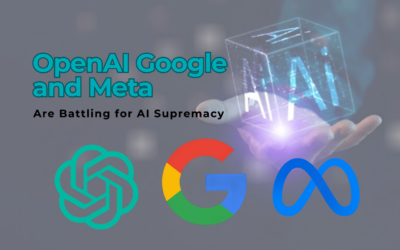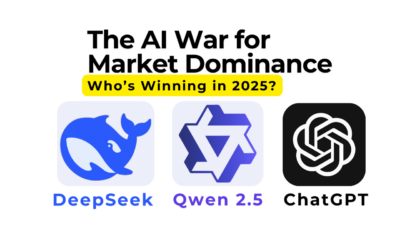Assessments have long been a staple in the educational and corporate landscapes. From shaping educational curriculums to evaluating employee performance, the impact of assessment cannot be understated.
However, the emergence of innovative online solutions is marking a new era in the way we approach this fundamental aspect of learning and development.
In this comprehensive exploration, we’ll dissect how schools and businesses can leverage cutting-edge digital platforms to redefine their assessment strategies.
Assessments in the Digital Age
The digitisation of assessments is not merely about moving away from traditional pen-and-paper tests.
It’s a paradigm shift that introduces a variety of interactive and multimedia elements, promoting a nuanced understanding and a more engaging experience for test-takers.
A Multi-Sensory Approach to Testing
With technologies like virtual reality and simulations, assessment providers now have the tools to create scenarios that go beyond reading comprehension and rote memorisation.
The ability to deploy a multi-sensory approach enables a more in-depth evaluation of skills and knowledge application.
The Rise of Adaptive Assessments
Adaptive assessments offer a personalised testing experience, adjusting the difficulty level of questions based on the respondent’s previous answers.
This not only challenges high-achieving individuals appropriately but also offers support to those who might struggle with the material.
Gamification: Turning Tests into Games
By incorporating game-like mechanics, such as points, levels, and achievements, assessments are transformed into interactive challenges.
This approach keeps the participants motivated and provides instant feedback, which is crucial for a positive learning loop.
The Transformative Power of Online Learning Platforms
The beauty of digital learning platforms lies in their flexibility.
Schools and businesses can tailor their assessment strategy to their specific needs with the click of a button, all while leveraging a wealth of data to inform strategic decisions.
Streamlining Training and Development Efforts
Businesses can use online platforms to deploy training material and evaluate employee progress cohesively.
This not only saves time and resources but also delivers real-time analytics for a dynamic, informed learning path.
Enabling Continuous Learning in the Classroom
In the realm of education, the ability to conduct assessments as a part of everyday learning rather than as isolated, high-stakes events, allows for continuous monitoring of student progress and a more interactive, iterative teaching process.
How to Incorporate Innovative Online Solutions into Your Strategy
Integrating innovative online solutions into your assessment strategy may feel like a daunting task, but it can be broken down into manageable steps.
Step 1: Understanding Your Unique Needs
Identify the goals and objectives you wish to achieve through digital assessment integration.
Are you looking to improve engagement? Streamline processes? Enhance the quality of feedback? Each institution will have different priorities and use cases.
Step 2: Researching the Right Tools
Numerous platforms are revolutionising the assessment landscape with their versatile and adaptive capabilities.
Research various platforms and find one that aligns with your identified needs and offers the functionality you require.
Step 3: Customising the User Experience
Once you’ve selected a platform, take the time to customise the user experience.
Ensure that the interface is user-friendly, that assessments are aligned with learning objectives, and that the design is engaging and intuitive.
The Impact on Education and Business
The impact of these innovative solutions is far-reaching. In educational settings, teachers can focus more on teaching rather than test administration.
For students, it means a more individualised learning experience. In the corporate world, businesses can ensure that their workforce is equipped with the latest skills, enhancing productivity and performance.
Looking to the Future
The digital revolution in assessments is just beginning. As AI and machine learning continue to advance, we can expect even more sophisticated forms of evaluation to emerge, catering to an increasingly diverse range of learning and assessment styles.
The future is indeed promising, and the organisations that keep pace with the evolution of digital assessment strategies are poised to lead the way in education and business.












